Cold Call & Automated Message Scams

Have you received a cold call or automated voice message recently?
- Warrant for your arrest?
- Identity theft and misuse?
- Tax File Number misuse?
- Erroneous tax return or tax fraud?
Warrant for your arrest?
The caller (or automated message) might claim your identity has been used to launder money or traffic drugs. They may provide you with ID numbers and claim to belong to official sounding government departments like the police or tax authorities.
Identity Theft and Misuse?
The caller might claim you or someone pretending to be you has opened multiple bank accounts overseas and used them for money laundering.
Tax File Number Misuse?
Perhaps the caller might recite all or part of your tax details to convince you of their authenticity (most likely obtained from data breach leaks posted online).
Erroneous Tax Return or Tax Fraud?
The caller may claim that your accountant made an error on your last tax return and now you owe some money.
If you have received any of these calls recently – you have been targeted by a scam.
Common Deception Techniques
- These scams are all about getting people to act and respond without thinking. Scammers use fear techniques to do this, such as the threat of arrest, a government fine for not paying taxes, claims that you have been “hacked”, or that you have been involved in a crime. When people are threatened or scared, the job of a scammer becomes a lot easier – that’s why they do it.
- Some scammers may ask for details about their nearest police station. This will be followed by a call that appears to originate from the police station phone number or whatever Government department they are impersonating. This is nothing more than Caller ID Spoofing, and you should hang up immediately. Government agencies or the police will never call you before you are arrested.
- Callers will often direct you to purchase gift cards from retailers like Woolworths, Coles, Countdown, 7-Eleven, Australia Post and New Zealand Post. A fine will never be payable through this method. Perhaps the caller has convinced you that your accounts are now compromised as a result of the theft of your identity. You will never be asked to open your internet banking (even if there was a fear that this had been compromised) by law enforcement or other Government agencies.
- These scams use social isolation techniques to ensure compliance. Police or other government agencies (such as tax authorities) will never request that you keep the details of your ‘fine’, alleged crime or identity theft quiet. If you are being coached by someone as to how to avoid detection or what to say to others at the bank or checkout queue – it is a scam!
Detection
The caller will initiate contact via phone, SMS or email and use many social engineering tactics to appear authentic. In some cases you may receive a robo-call that prompts you to press a number to speak to an operator – or even an SMS with details of your alleged ‘crimes’. The scammers will claim to belong to official sounding Government departments and although their accent is foreign, will use names like ‘John Wilson’ or ‘Andy Jones’, They might even give you bogus badge numbers or case IDs.
Prevention
Be vigilant when receiving unsolicited calls where the caller claims to belong to a Government agency or police station. While the number may appear to be legitimate – hang up and make your own independent enquiries. The scammers may claim to belong to official sounding Government departments and may even give you bogus badge numbers or case IDs. Your own number can even be used to call you.
Response
These callers may often request that you provide a photo of yourself holding your driver licence or passport to verify your identity. You may also be asked to disclose email addresses, phone numbers, residential addresses or tax details.
If this has happened to you:
- Immediately speak to your financial institution. Explain that your identity has been compromised and ask what provisions and security measures they can place on your account.
- If you provided access to your device, such as via AnyDesk or Team Viewer, disconnect the device from the Internet, change your email and online account passwords using another device via a web browser, and have the device looked at by an IT professional.
- If your exposure included your tax details, contact the Australian Taxation Office (1800 467 033) or Inland Revenue Department (0800 775 247)
- If you have had your passport exposed, replacing the document will result in a new passport number being issued (in Australia and New Zealand). This will come with a cost. Replacing a driver licence generally results in the card number being changed, not the licence number itself. (See your State or Territory Transport Department website for more information about options and costs involved). Where a passport and/or driver licence has been compromised, IDCARE recommends you place credit bans and check your credit reports.
- Go to IDCARE’s Learning Centre and research how to get free copies of your credit reports and how to place credit bans. In Australia and New Zealand there are three Credit Reporting Agencies, and each may have a different report about you.
For additional support or information, contact IDCARE by submitting a Get Help Form or call 1800 595 160 (Aus) or 0800 121 068 (NZ).
Disclaimer
Identity Care Australia & New Zealand Ltd (IDCARE) provides identity and cyber security incident response services (the Services) in accordance with the following disclaimer of service:
- IDCARE is Australia and New Zealand’s national identity and cyber incident community support service. IDCARE is a not-for-profit and registered Australian charity.
- The Services provided do not constitute legal advice. IDCARE recommends that you consult your own legal counsel in relation to your legal rights and obligations, including but not limited to your legal rights or obligations under Australian and international privacy and data protection laws.
- While every effort has been made to ensure the accuracy of the content provided, to the maximum extent permitted by law all conditions, terms, representations, and warranties (in each case, whether express or implied) in connection with the provision of the Services which might otherwise be binding upon IDCARE are excluded.
- IDCARE’S liability for any loss or damage suffered by any person or organisation (including, without limitation, any direct, indirect or consequential loss or damage) arising out of or in connection with the Services (including without limited liability for any negligent act or omission, or statement, representation or misrepresentation of any officers, employees, agents, contractors or consultants of IDCARE) shall be limited to the fees paid by you to IDCARE in respect of the Services. For the avoidance of doubt, this limitation of liability extends to any liability arising from any actions performed or not performed as a result of any recommendations made in the course of providing the Services.
- If you would like to provide feedback please use our Feedback Form.
Join the global list of organisations making a real difference in people’s lives by supporting our service.

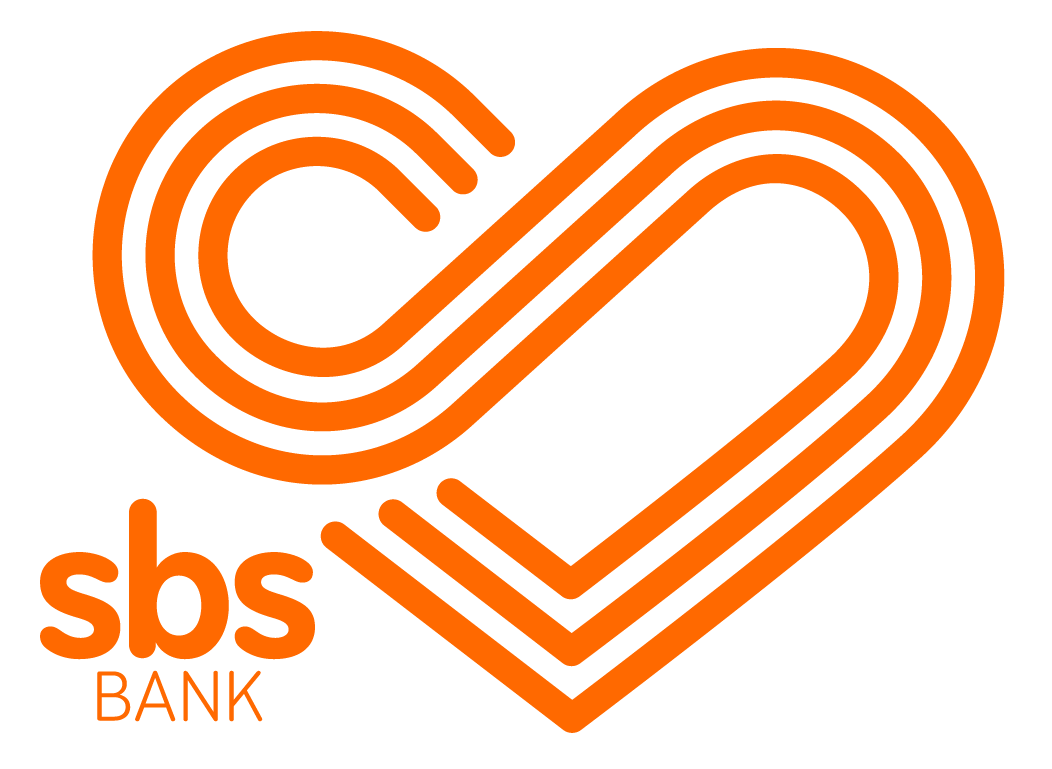


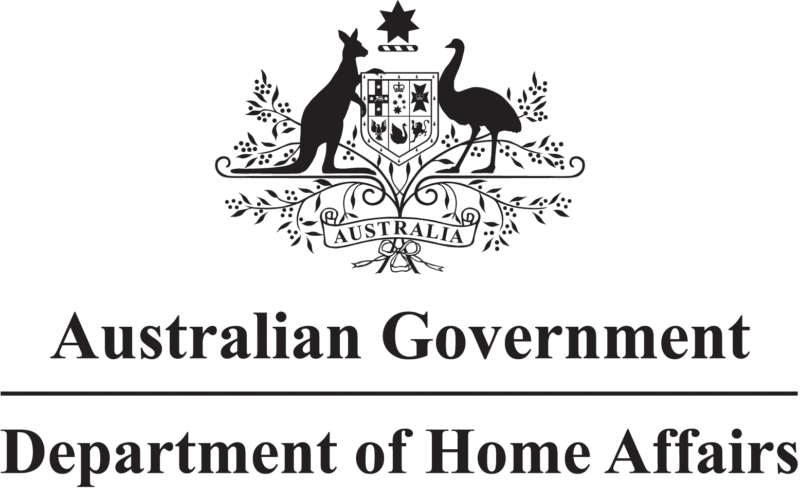
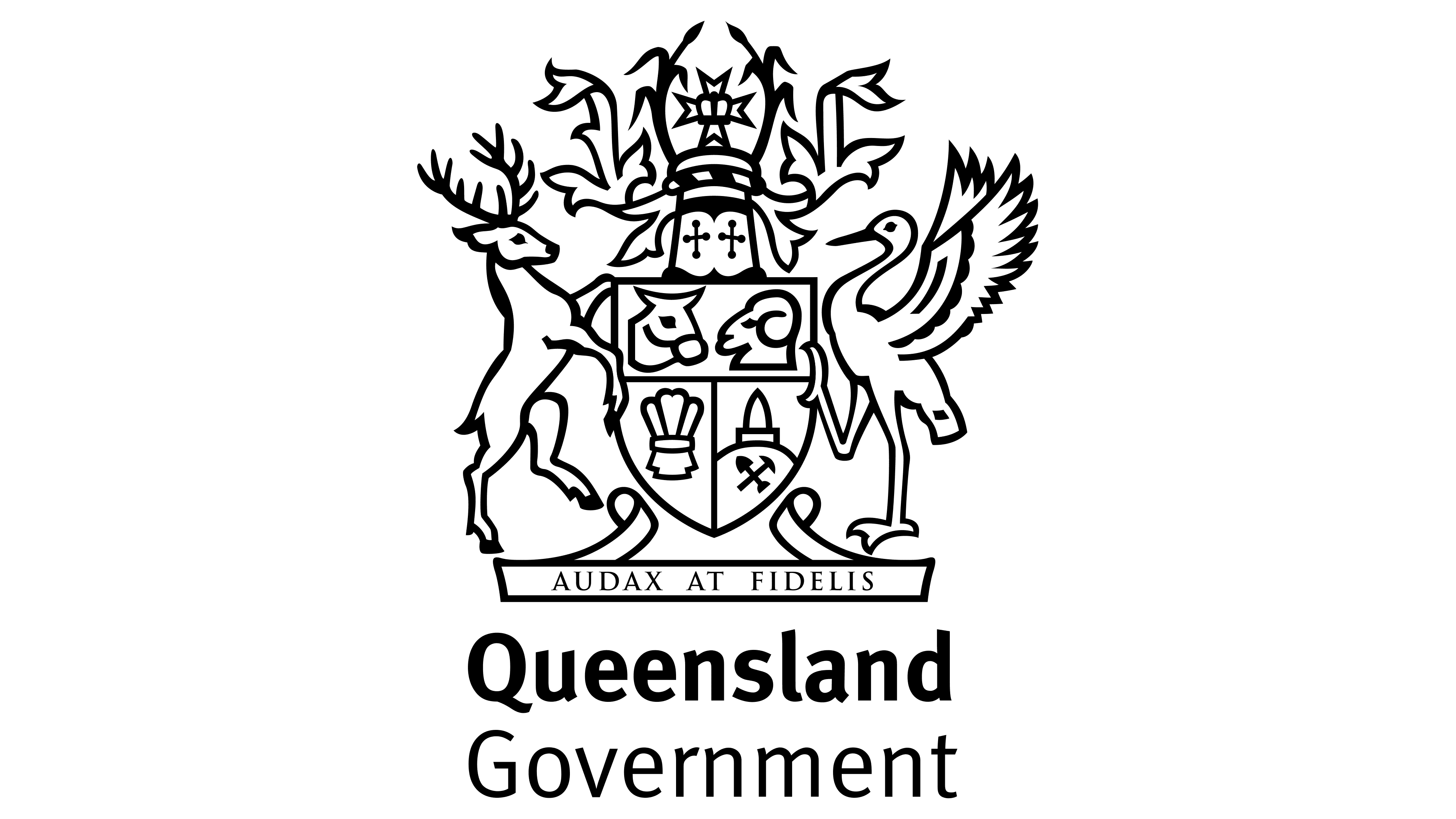




























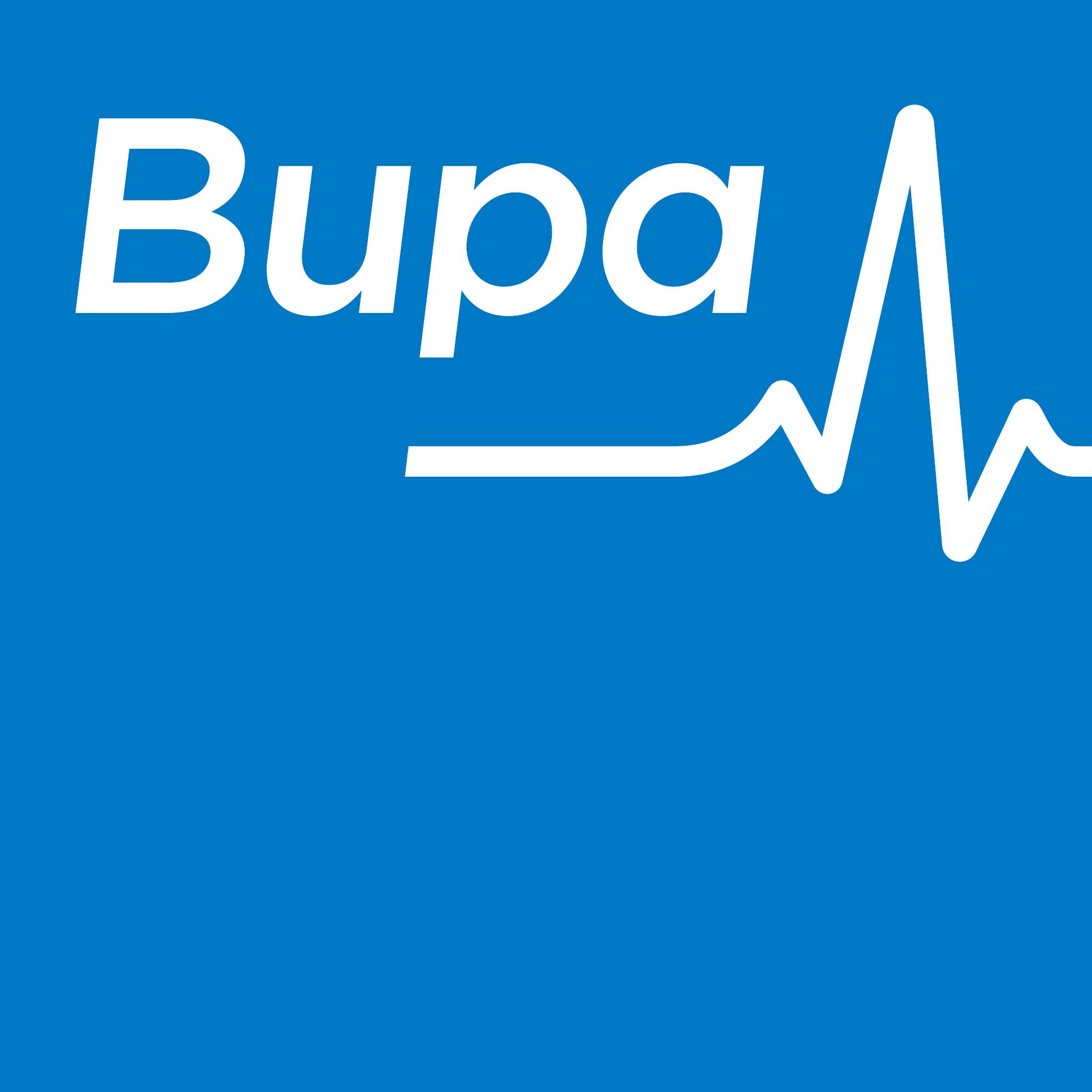
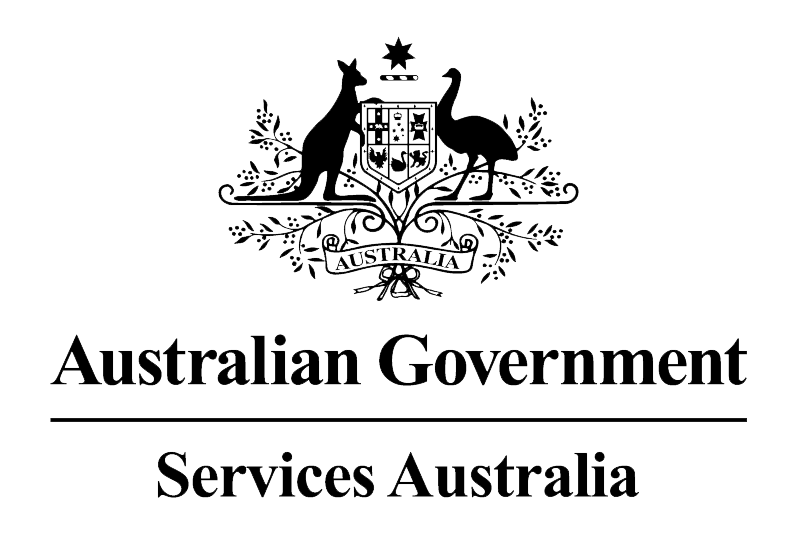




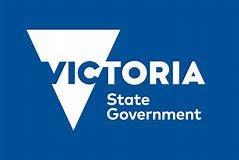

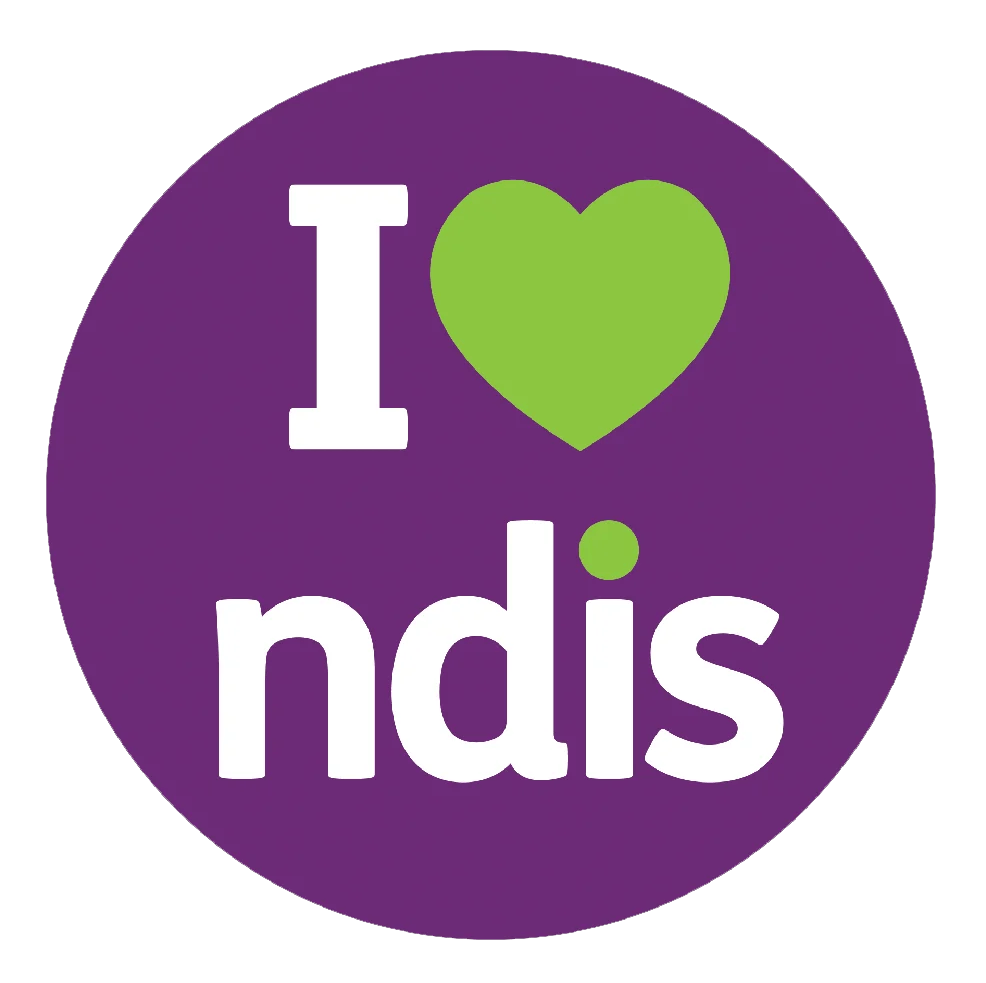



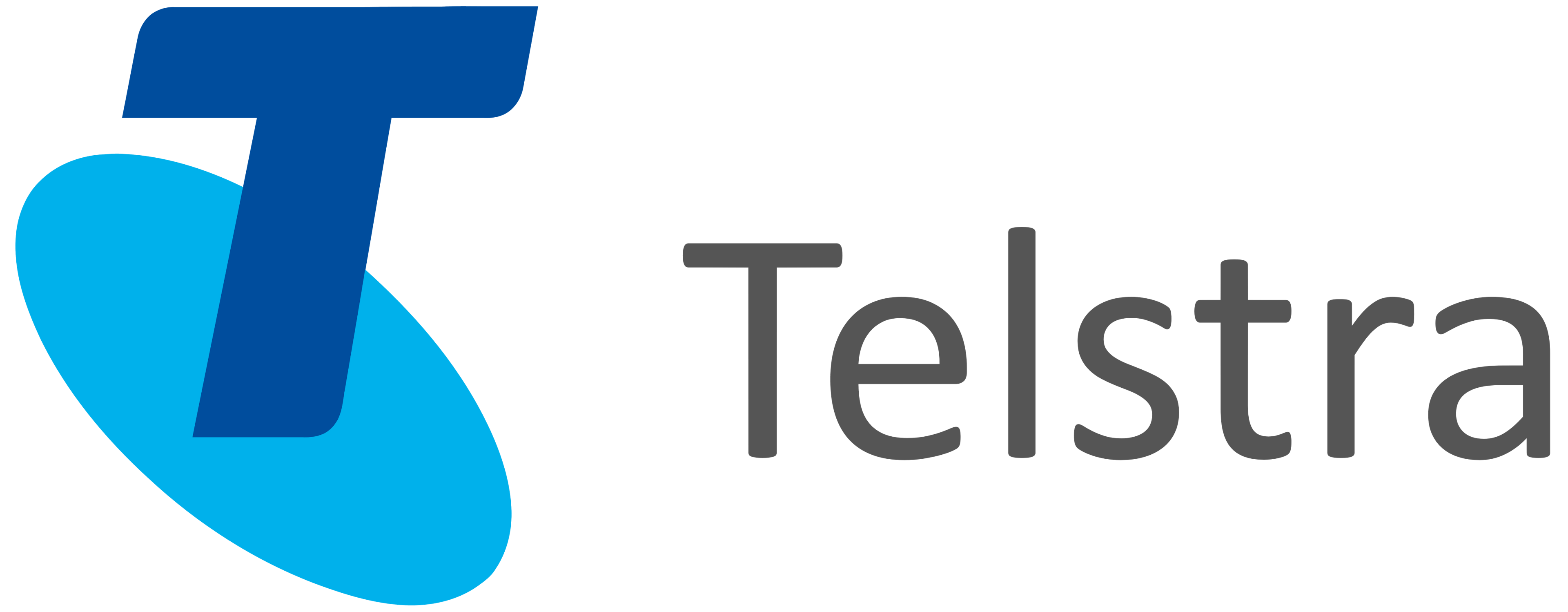

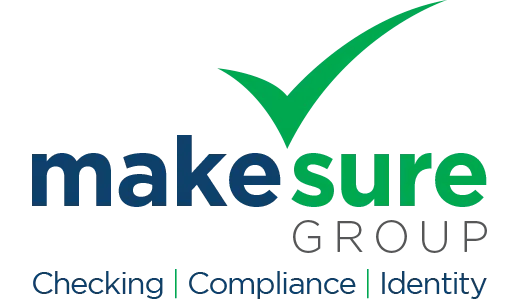




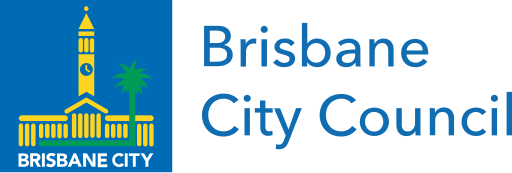
Copyright © 2025, IDCARE. All Rights Reserved.
ABN 84 164 038 966








